Globally consumed at the rate of two billion cups a day, coffee is the world’s second most traded commodity. The market pressures that result from this high demand can push producers to commit labor rights abuses as severe as human trafficking. This is a concern especially in regions affected by poverty, where vulnerable communities are more susceptible to exploitation. In order to minimize human rights violations within this industry, it is up to us, the consumers, to demand products that hail from a fair, transparent supply chain. We have the power and responsibility to hold enterprises accountable and call for a shift in labor practices.
That’s why I’m leading the Conscious Coffee Project. Sponsored by the Anti-Trafficking Coalition at Berkeley, Conscious Coffee is an effort to foster a supportive network of cafes near the UC Berkeley campus that sell ethically sourced coffee. We will feature this network on a website and app geared toward students, both of which will serve as informational tools while operating through a financial incentive– users who frequently shop within the network can earn rewards like a free cup of coffee from their favorite cafe
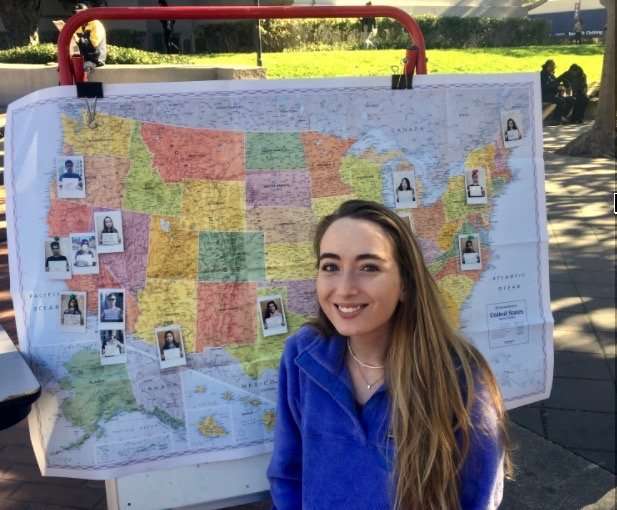
Because human trafficking is such a huge, complex phenomenon, it can be difficult to figure out how to work toward its eradication in a meaningful way. My internship at Not For Sale this semester has taught me that it is not enough to throw money at a cause, trying to fix the problem after the damage has already been done. We must seek innovative solutions to prevent vulnerability to exploitative situations from taking root in the first place. As consumers and changemakers, our voices and minds are integral to the abolition movement. Together, through entrepreneurship, innovation, and technology, let’s stand up for our values and make a sustainable impact!

The Netherlands
BackgroundAlthough the Netherlands is ranked Tier 1 (the government fully meets the minimum standard for the elimination of trafficking) by the US Trafficking in Persons Report, a study found that the number of human trafficking victims in the Netherlands is...
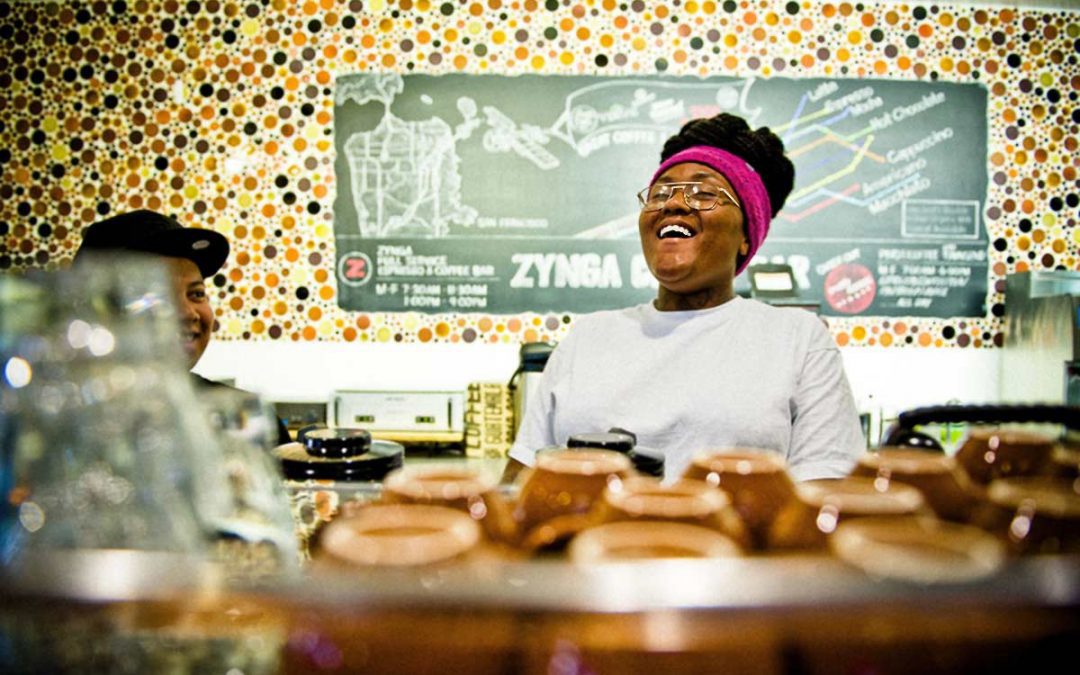
United States
Country Project UNITED STATES United States' Story Our Reinvent program is designed to prepare disconnected youth (18-24) affected by trafficking, exploitation and related traumas for work in the Bay Area’s booming industries. The students attended four weeks of...
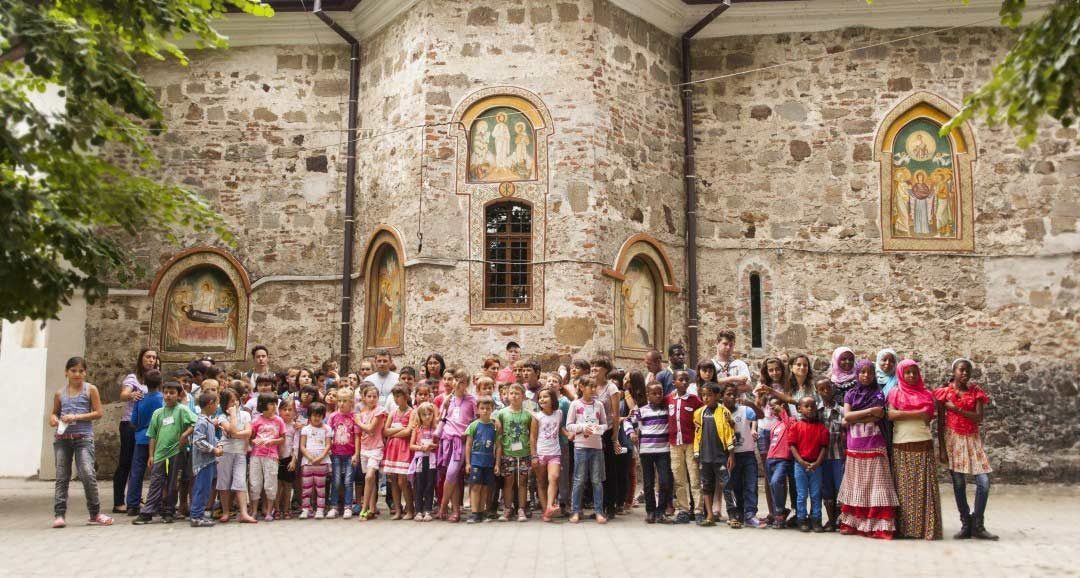
Romania
Country Project ROMANIA Romania's Story Not For Sale rehabilitates and repatriates survivors trafficked from dozens of countries. We provide short and long-term housing, extensive medical care and counseling. Through legal support, we help survivors obtain...
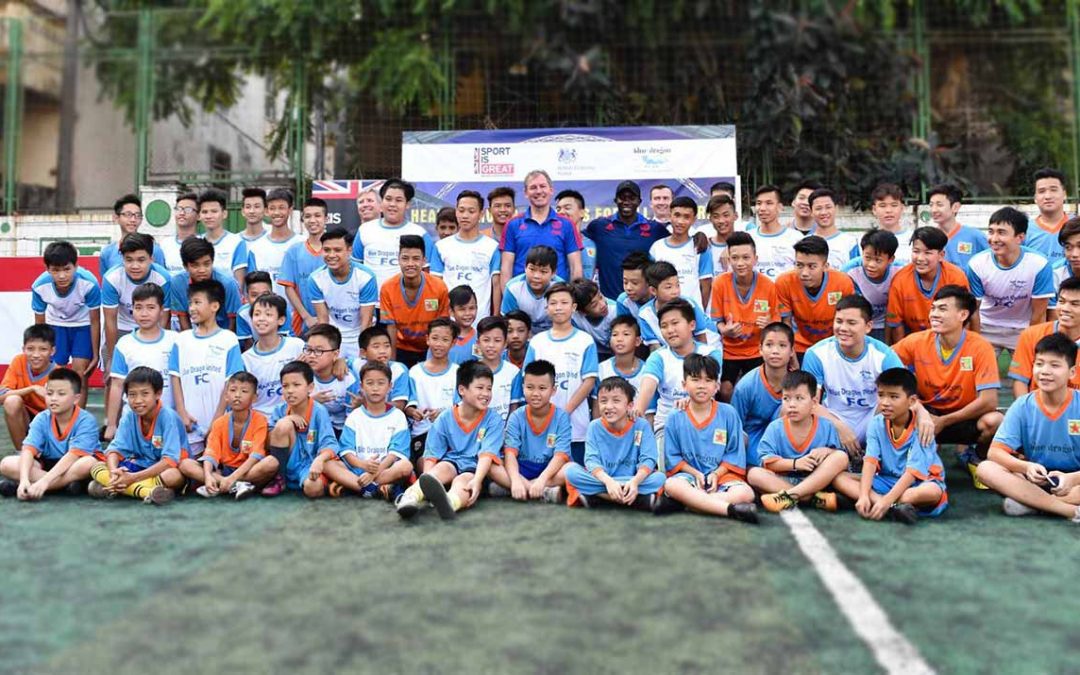
Vietnam
BackgroundTrafficking from Vietnam has been rising over the last few years. Pedophiles use the internet to lure the vulnerable and predators entice Vietnamese citizens - often women and girls from ethnic minorities and poor, rural areas - into neighbouring countries...

Peru
BackgroundIt is estimated that in 2014, 66,300 people were living in slavery in Peru. Trafficking takes on many forms, often dependent on the region of Peru - in the jungle, there is forced labor in gold mining camps and in brothels targeting miners; in Lima, there is...
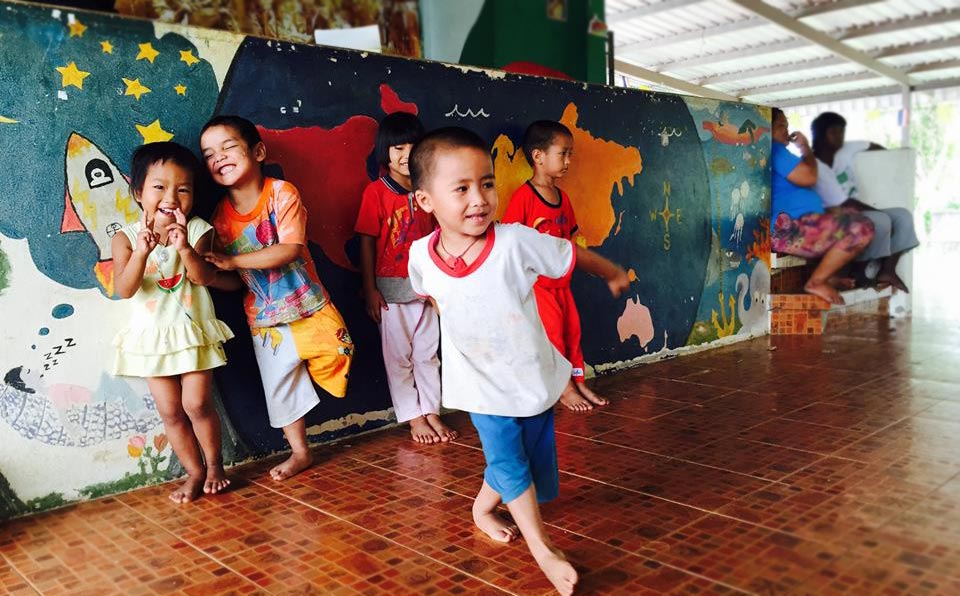
Thailand
BackgroundAs a relatively affluent country, Thailand attracts migrants from neighboring countries. It also has a high demand for low wage labor. This has resulted in 4.9 million migrants in Thailand - more than 10 percent of the country’s workforce. Key factors to...

